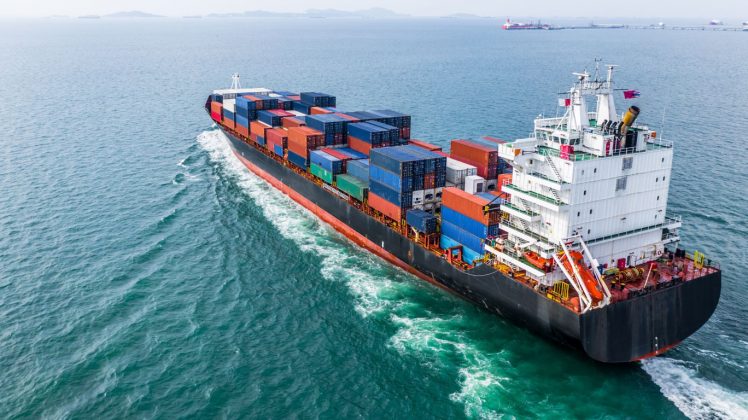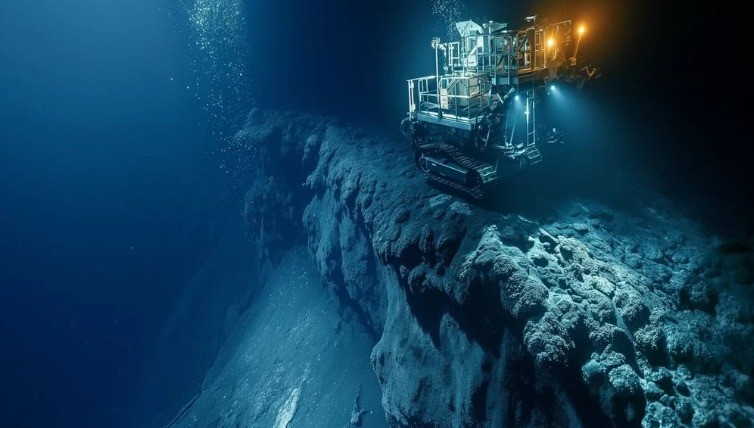Europe’s ambitions to decarbonize its maritime transport could represent a great opportunity for Morocco, according to a new analysis from Transport & Environment, produced in collaboration with the Moroccan Think Tank, the Climate and Development Initiative.
According to a new analysis from Transport & Environment (T&E), produced in collaboration with the Climate and Development Initiative, Morocco could be a big beneficiary of Europe’s shift to green fuels for maritime transport.
The majority of container ships traveling between Asia and Europe bunker in hubs like Singapore and Rotterdam. But bunkering in Asia the first time, then a second time in Morocco, instead of Europe, could be a viable strategy for container ships. These ships could make 26% more voyages using green ammonia or 8% more voyages using green methanol.
Given that two thirds of traffic between Europe and Asia passes through the Strait of Gibraltar [1] and that 80% of the energy used by European ships will be based on green hydrogen by 2050, Morocco is best placed to increase its role as a major bunkering hub. The country also has the third largest solar power generation capacity (734 MW) in Africa and is the second largest producer of wind power (1.4 GW) on the continent – a major advantage given the significant quantities renewable energy needed to produce green hydrogen.
“Morocco is well positioned to lead the decarbonization of maritime transport, and with evolving regulatory and institutional frameworks, we are on the right track. The analysis highlights the great potential of e-fuels for a sustainable future of shipping, but we are only at the beginning. The cross-sector focus in the industry and among investors must now quickly shift to building the right infrastructure for better availability and the appropriate government incentives to achieve long-term cost competitiveness,” says Rachid Ennassiri, program director green economy at IMAL.
Currently, Morocco is a minor participant in maritime bunkering between Europe and East Asia. In 2023, fuel sales show that among the top 16 fuel producers, Morocco was the country that supplied the least heavy oil and the one with low sulfur content. A change in bunkering habits would therefore represent a major economic opportunity for the country.



